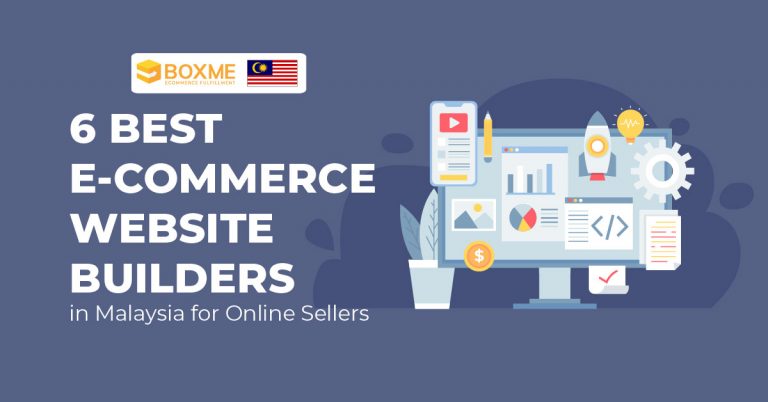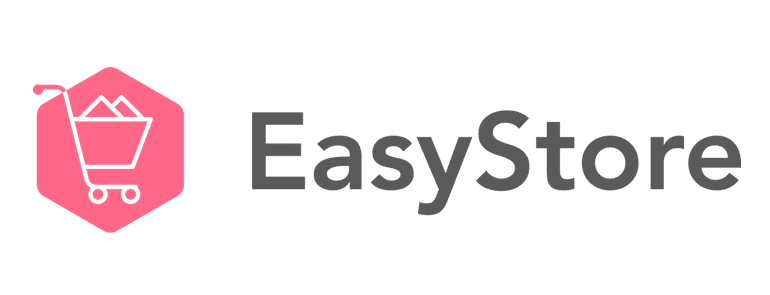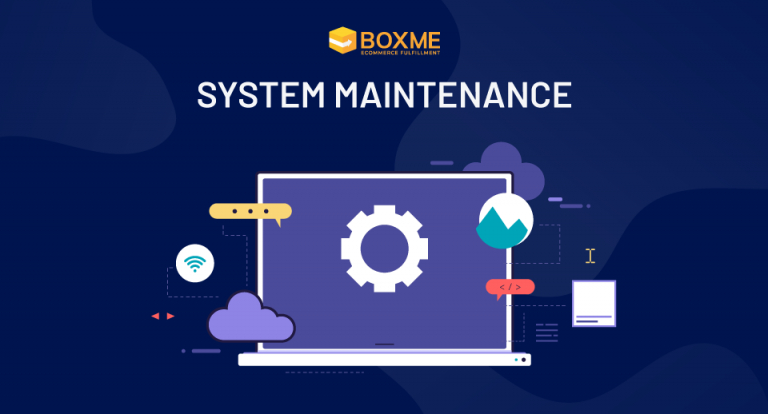Despite the global pandemic, e-commerce sectors across the world continued to grow. It is reported in Q1 2021 that e-commerce transactions in Malaysia increased 30% year-on-year with a record of RM254.6 billion.
The e-commerce industry in Malaysia is growing exponentially with more and more businesses on-boarding e-commerce websites and platforms as a means to cope with the pandemic and MCO (Movement Control Order) that restricted business operations across the country.
As opportunities continue to grow, businesses might want to consider having their own website to expand online presence instead of solely relying on top e-commerce marketplaces like Shopee and Lazada.
CMS E-commerce Websites
To make the most out of e-commerce websites, businesses should consider CMS (Content Management System) platforms. These platforms are easy to use as they enable users to create, edit and publish website content without having to write codes. Other features include modifying the look and feel of an online store by changing page layouts, adding promotional banners, and creating new page features among other customization options.
There are two main types of e-commerce CMS platforms: SaaS CMS and Open Source CMS.
SaaS CMS platforms operate on a cloud-based server and can be accessed on the software provider’s e-commerce CMS platform without needing to download anything. Users are only required to pay for a subscription and the platform provider will manage the server and e-commerce website. The provider also usually offers customer support as well.
Open Source CMS platforms allow users to have full control over the website functionality. Open source softwares can be downloaded for free and are often self-hosted by the user. Merchants are then responsible for figuring out their e-commerce website, maintaining the server, and installing software updates when required.
Here we will have a look at some of the best e-commerce website builders and CMS platforms that are suitable for online sellers in Malaysia.
WordPress
The world’s leading CMS leader in the e-commerce market, WordPress is currently used by 64.8% of all websites whose CMS system is known.
Primarily a website maker, e-commerce merchants can also build e-commerce websites using WooCommerce, the e-commerce plug-in and platform built by WordPress. WooCommerce quickly gained popularity among e-commerce merchants for its simplicity to install and customise as a freeware. With its immense selection of extensions and themes, WooCommerce is currently the most preferred choice among e-commerce players online.
Aside from its basic CMS functions, WordPress is also easily customizable with basic knowledge of CSS and HTML to easily tweak and adjust the website’s code to the user’s preferences.
WordPress is ideally suited for businesses of all sizes that are looking for customizability. There is also a large community for help and support.
Shopify
One of the most prominent names in the online market, Shopify holds the second highest market share in the e-commerce industry.
As of 2020, there are around 820,000 merchants using the SaaS platform, and is a huge hit among new online sellers who are starting out and exploring the e-commerce market. Is it best for merchants that don’t have the technical knowledge or a team of developers, making it rank as the easiest platform to use. With the help of Shopify, merchants can enjoy its cross-platform capabilities that range from POS systems to social media platforms and e-commerce marketplaces.
Shopify also has plugins and themes where users can add a blog extension for content or other plugins for additional functions.
Wix
The leading website builder for online businesses, artists, and more. Wix is the number one option for beginners who know very little or nothing about coding and website building. Primarily a website builder, users can add a commerce module to make their website have e-commerce capabilities.
The platform features an easy drag and drop function for website building that makes it very easy to learn and adapt for first time users, along with a plethora of templates and built-in features that users can choose from.
Wix is most helpful for SMEs that have a small range of products and services to kick off their e-commerce website venture.
BigCommerce
One of the biggest names in the e-commerce market, BigCommerce supports over 60,000 merchants to date. The platform is able to facilitate both large scale e-commerce businesses and e-commerce beginners with a wide range of built-in features and CMS capabilities that are easily adjustable for each side of the spectrum.
BigCommerce prides itself on their advanced SEO integration and flexible APIs that enable merchants to connect to leading softwares and other CMS solution providers.
EasyStore
A Malaysian based platform for building branded e-commerce websites. As a local brand, EasyStore is relatively the most affordable solution in this list.
With 30,000 brands utilizing the platform, the startup company was able to grow their client base beyond Malaysia’s market and has now opened up to US based merchants.
EasyStore offers a variety of customization options when building a website on their platform without needing to have prior knowledge of coding. Users can select themes and even personalise logos, fonts, colours and even the main layout of the website with their own domain name for free.
HubSpot
HubSpot is a pioneering CMS and marketing automation platform. The platform does not feature e-commerce functionality, but it is easily integrated with more than 200 e-commerce related platforms including social media platforms, and other CMS platforms.
Connecting HubSpot to e-commerce platforms can help merchants automate marketing campaigns, understand customer behaviour, track and report revenue streams, and many other great features that can help businesses grow.
Final Words
It is not easy to find the best platform for their business. An efficient way for merchants to narrow down their options is to identify the primary requirements for their website based on their business model. Merchants should also decide if it’s an e-commerce-first or content-first platform.
As the e-commerce market constantly changes and evolves, bigger businesses should consider additional factors like marketing, design, technical capabilities, and potential future needs to keep up with the times, meet demand from existing customers, and acquire new customers.
More Reading
>> 8 e-commerce platforms in Malaysia to sell on
















